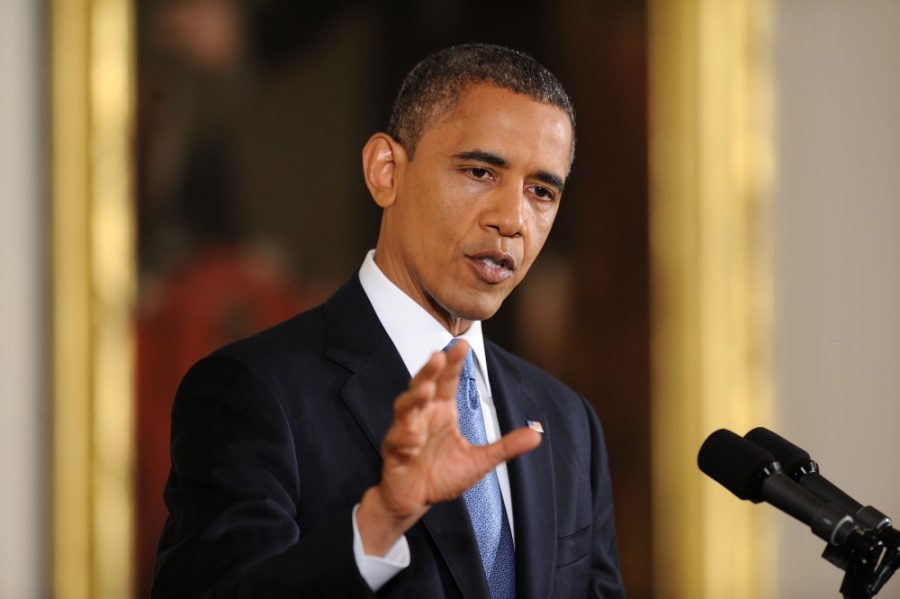WASHINGTON — President Barack Obama said Wednesday that FBI rules kept him in the dark about a sex scandal investigation until after his re-election, but his administration refused to release those rules, and a Bush-era policy on investigations included a large loophole that might have allowed notification of the White House in such a high-profile case.
In his first public comments since retired Army Gen. David Petraeus resigned Friday from the CIA over an affair with his biographer, Obama said he had seen no evidence that national security had been compromised.
“I have no evidence at this point from what I’ve seen that classified information was disclosed that in any way would have had a negative impact on our national security,” Obama told a White House news conference. “Obviously, there’s an ongoing investigation. I don’t want to comment on the specifics of the investigation.”
In response to questions, Obama said he was not informed about the FBI investigation earlier as a matter of government policy — not any desire to keep the news bottled up until after the election.
“The FBI has its own protocols in terms of how they proceed,” Obama said. “One of the challenges here is that we’re not supposed to meddle in, you know, criminal investigations, and that’s been our practice.”
He said those policies were established at the FBI and the Department of Justice to ensure that there is no political interference in investigations.
The FBI and the Justice Department refused repeated requests for comment and for a copy of the policies that Obama cited.
One possible protocol was established during the George W. Bush administration under rules implemented by former Attorney General Michael Mukasey in 2007, aimed at averting political meddling in law enforcement matters.
“Communications with respect to pending criminal or civil-enforcement matters … must be limited,” Mukasey wrote in a Dec. 19, 2007, memorandum to his department’s top officials and the country’s U.S. attorneys.
“Therefore, the Department will advise the White House about such criminal matters only where it is important for the performance of the president’s duties and where appropriate from a law enforcement perspective.”
That seemed to suggest there would be cases where the FBI and the Justice Department might think it necessary to inform the White House.
Mukasey issued the guidelines following a scandal in which the Bush administration fired nine U.S. attorneys, igniting charges that they had resisted White House pressure to pursue politically motivated prosecutions.
The bulk of the charges involved allegations that Karl Rove, former White House political director, and his aides pressed for voter fraud investigations against Democrats in the runup to 2006 mid-term congressional elections.









